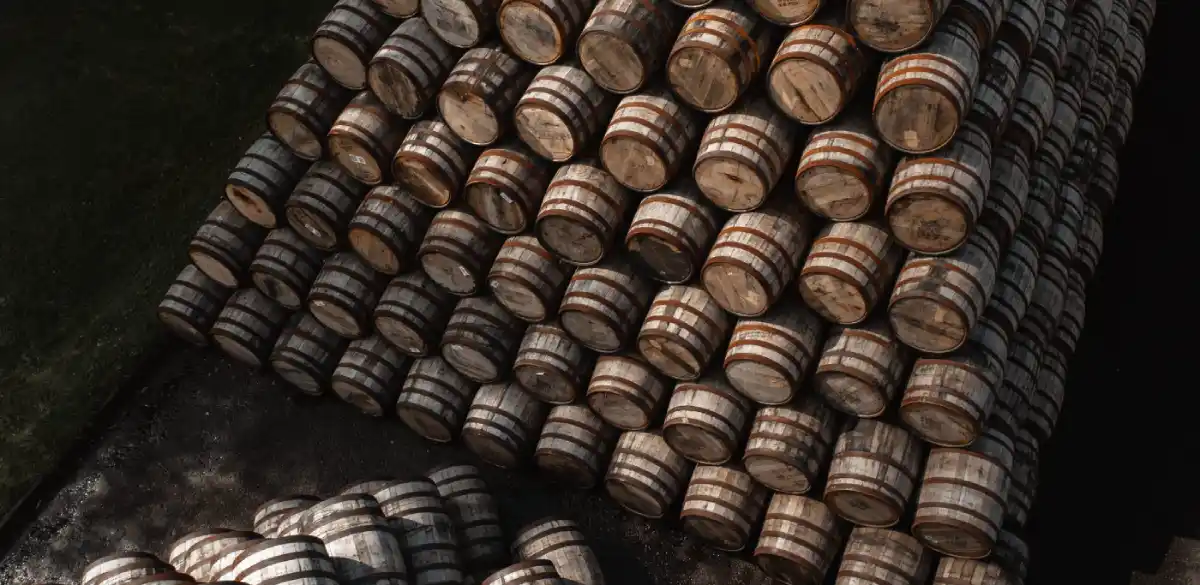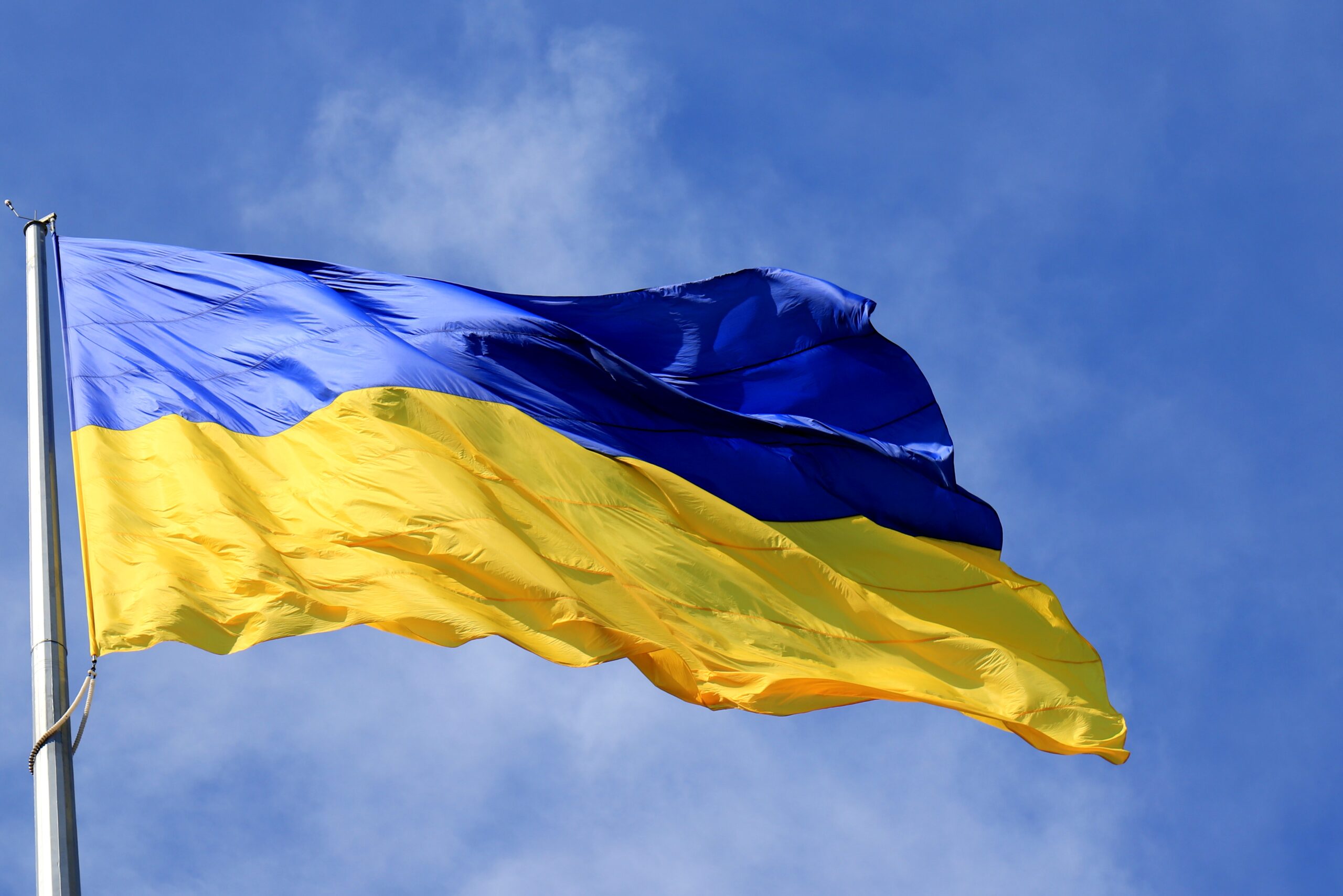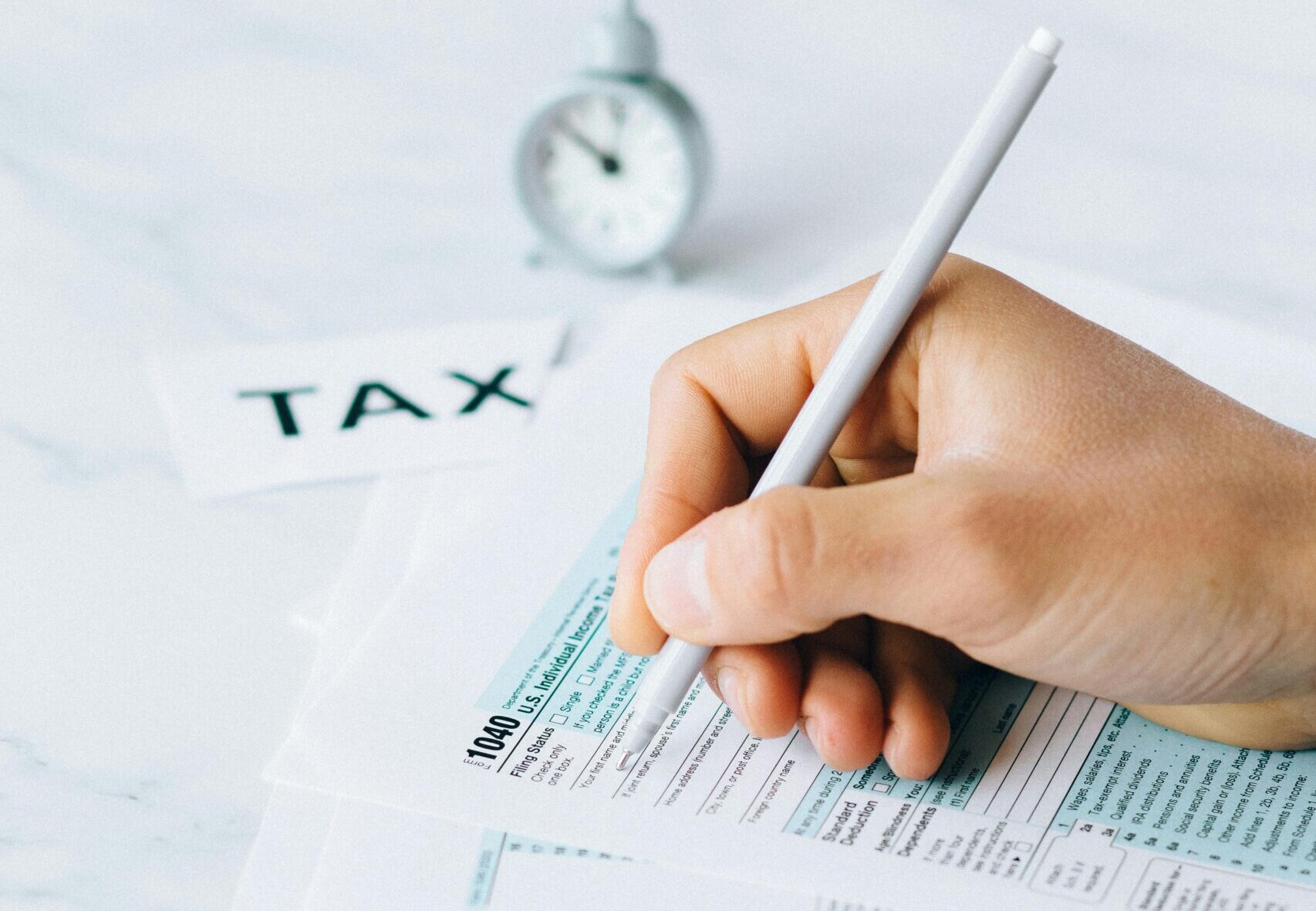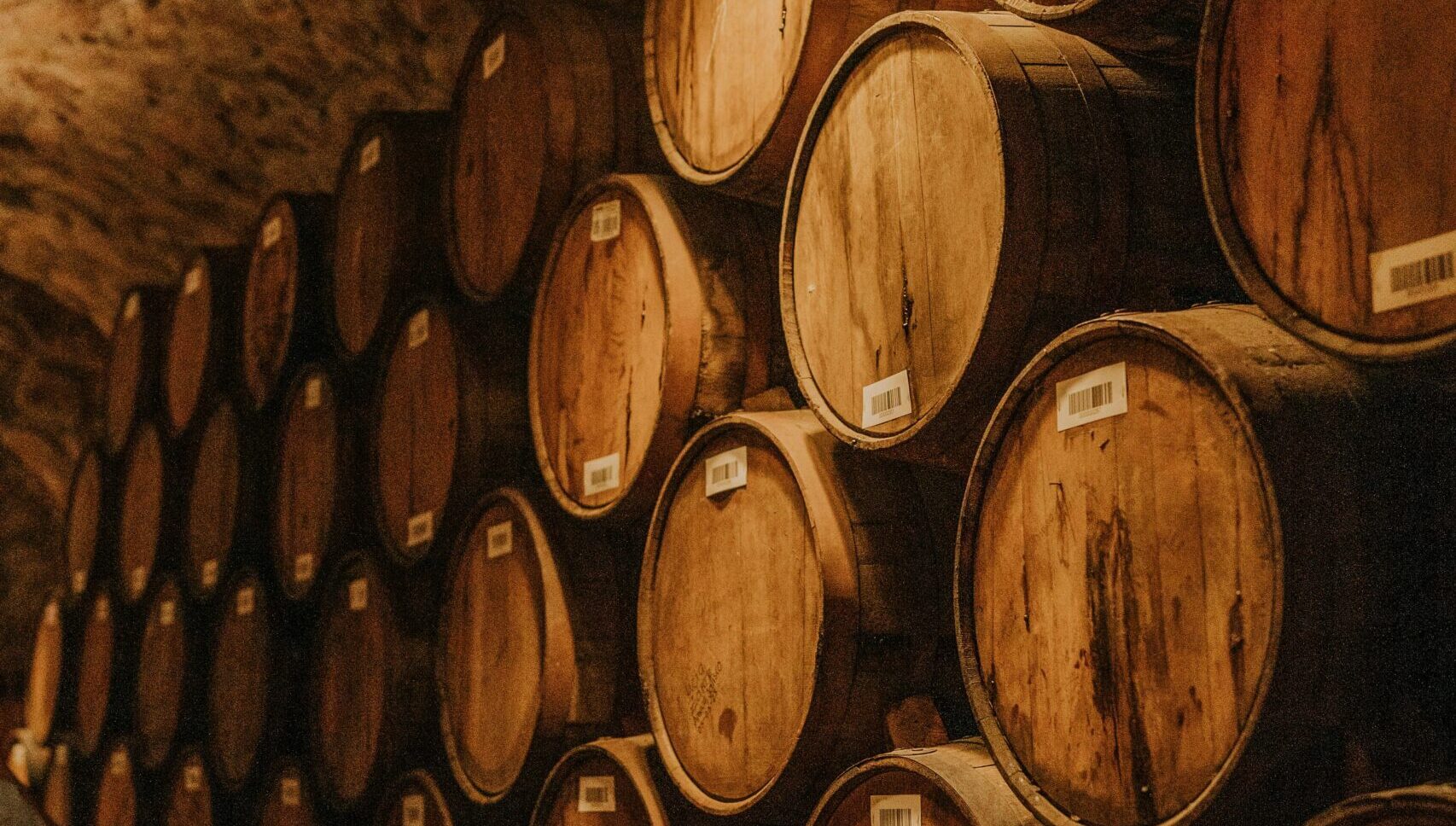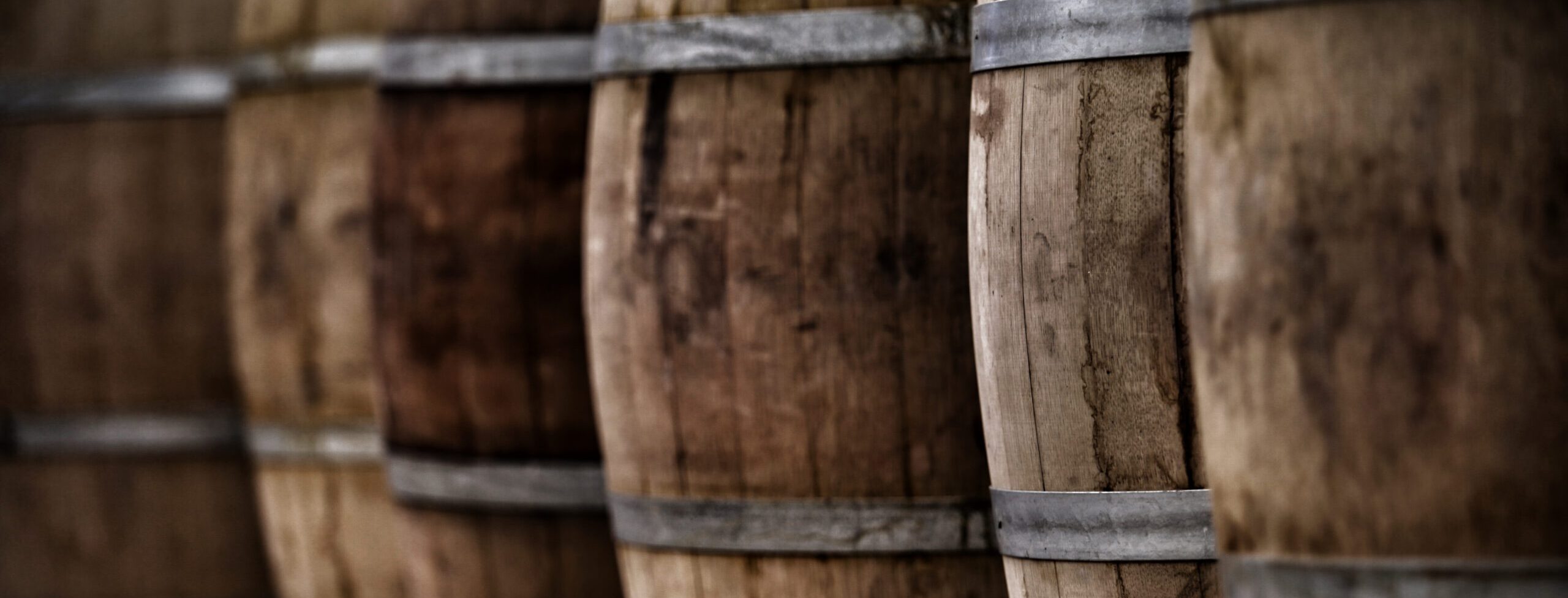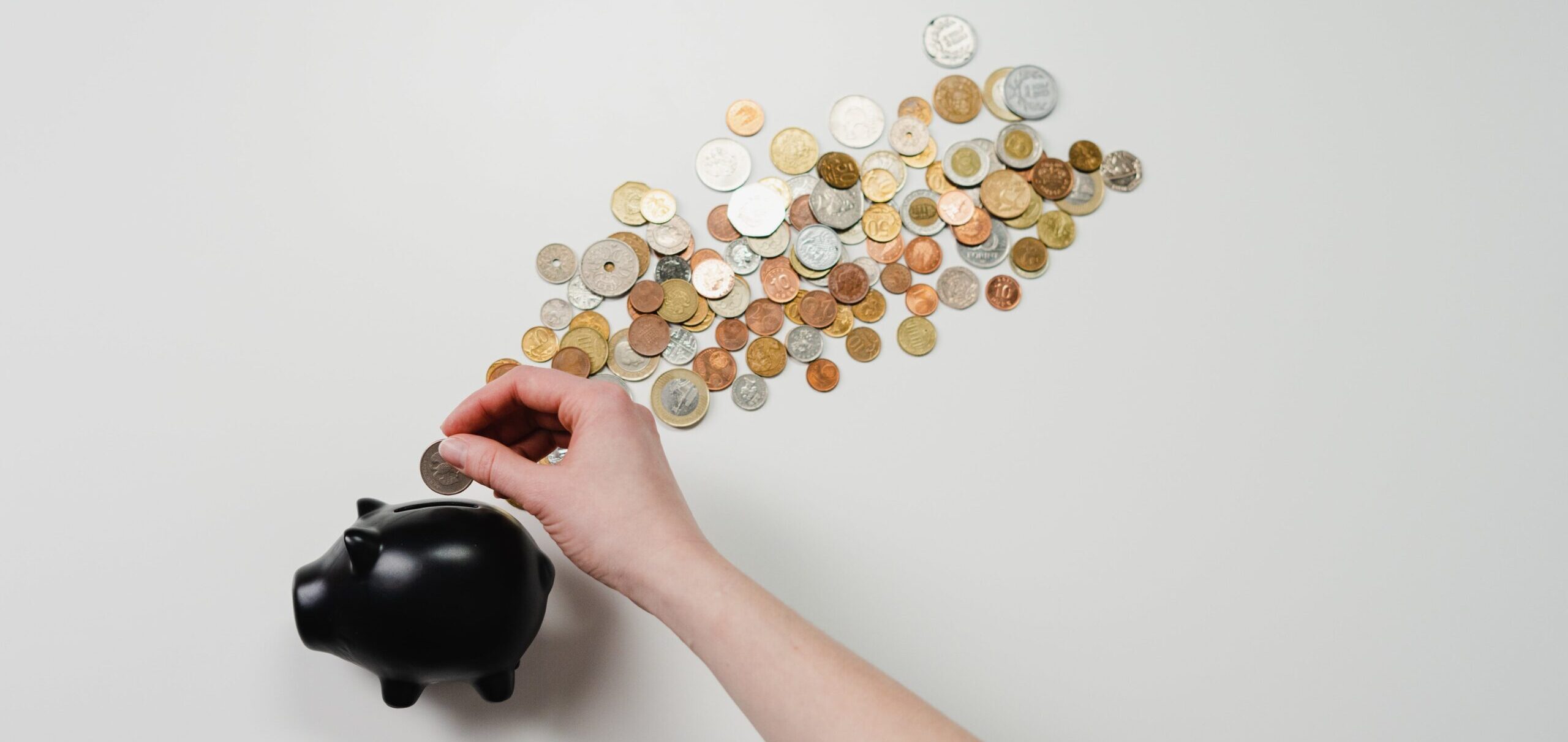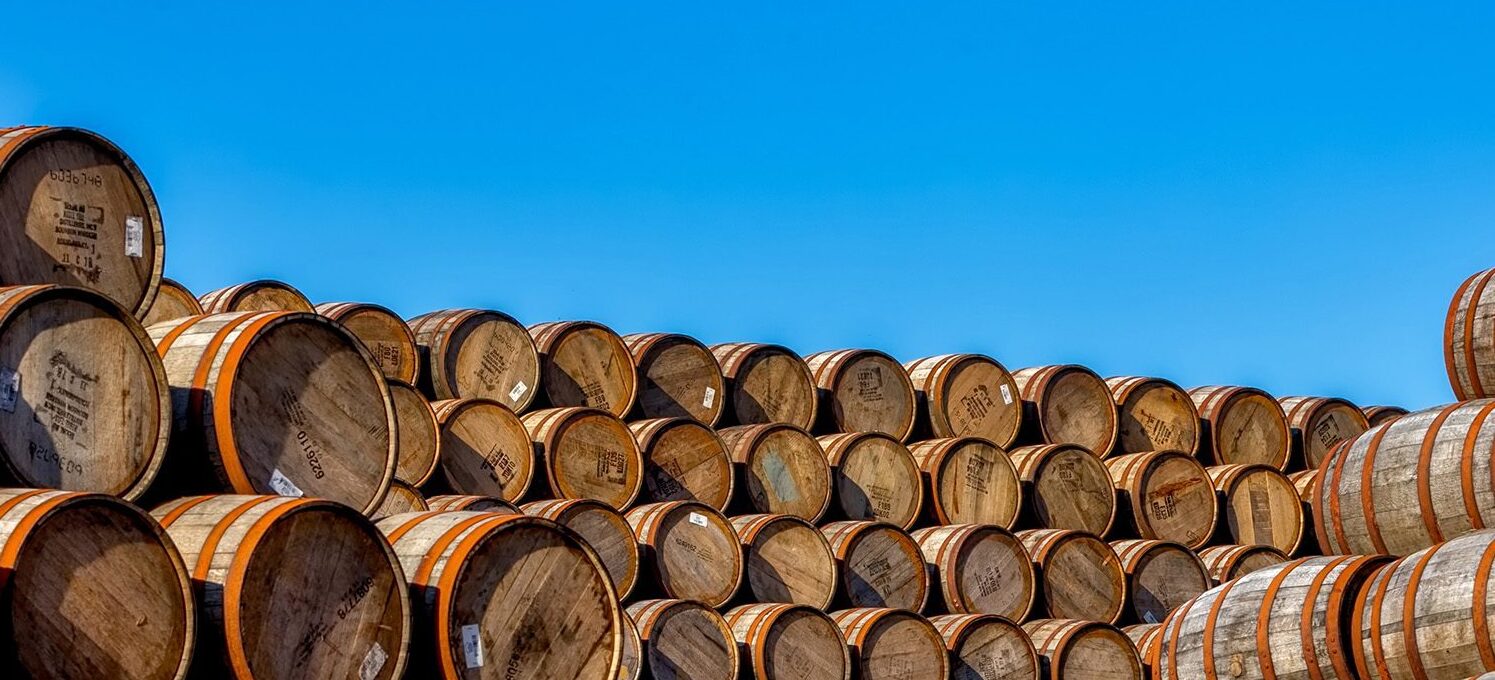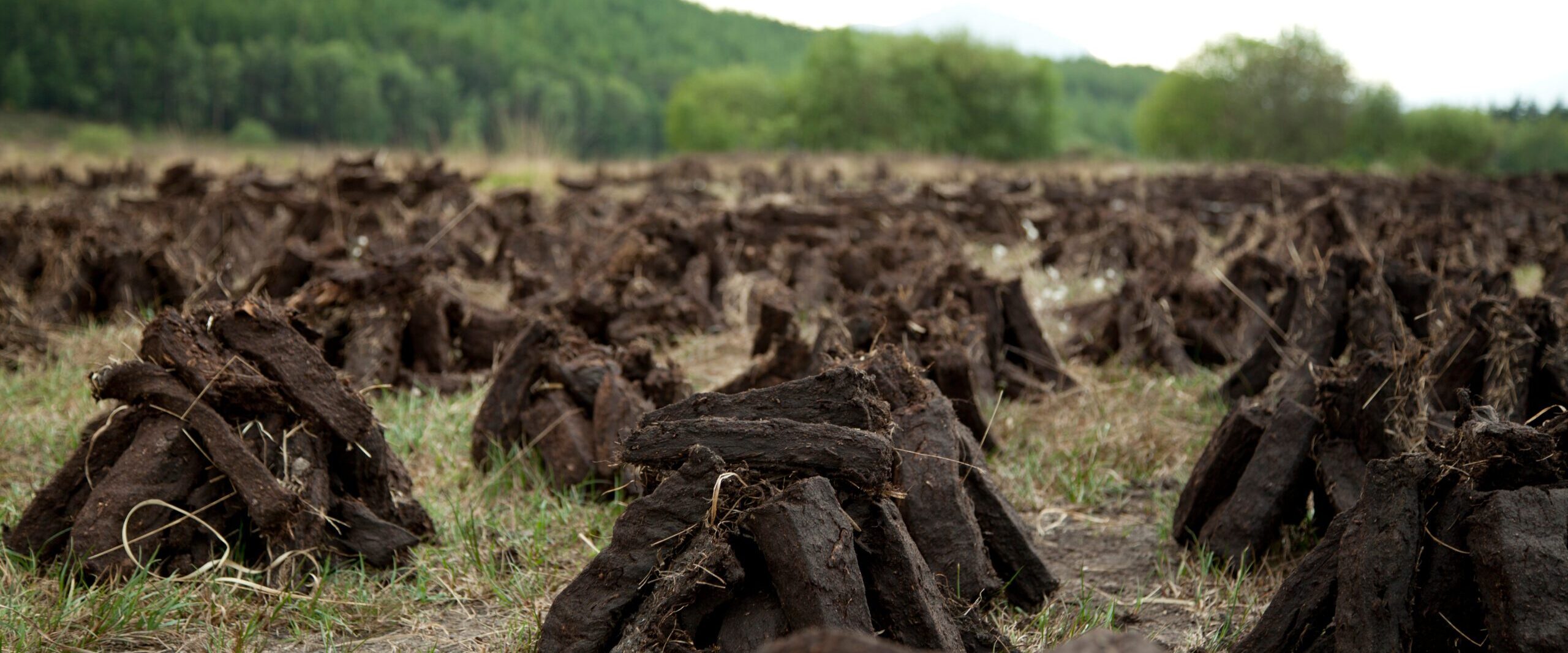India consumes a whopping 48% of the world’s whisky – more than any other country in the world – making it the sixth largest importer of Scotch, accounting for nearly one in every two bottles sold globally.
The UK industry want tariffs in bottled origin spirits reduced from 150% to a much more modest 30% over three years. India is projected to become the world’s third-largest economy by 2050, and a free trade agreement would instil a vast amount of confidence in the export market and huge opportunities for UK distilleries to trade with India’s £2.25 trillion economy.
Originating from Punjab, North India, Whisky Partners’ Partner, Karan Bhullar, has been brought up around whisky all his life; “It’s definitely the most popular drink of choice in India, particularly at family occasions and celebrations, where guest often have a wide variety of whiskies to choose from. Scotch whisky in particular is arguably the country’s most totemic product and export,” Karan adds.
Originally introduced to the country by British Crown Raj back in the 19th century, Scotch Whisky was immediately hailed by the local people for its outstanding quality and has since become a staple of Indian taste and culture.
However, despite more than 50 million bottles of whisky being sold in India every year, Scotch Whisky accounts for just 2% of this. Karan explains: “Most of the whisky sold is either very cheap, “desi” (a Sanskrit word meaning local or indigenous), or home-brewed.
“Crucially, the key reason for this is the mammoth 150% tariff levied by the Indian Government on Scotch Whisky, causing an illogical barrier to trade. This issue is further convoluted by India’s complex federal structure, with responsibility for alcohol devolved to each individual Indian State, essentially creating 28 separate markets with varying regulations, taxes and restrictions.”
This, in effect, creates an extremely complex and expensive marketplace for local consumers. When you consider that the average salary in India is just ₹16,000 (£155) per month, it becomes clear that only the wealthier tiers of the population can afford Scotch Whisky.
“That said, encouraging trade developments are on the horizon!” Karan reveals. “Since leaving the European Union, the UK Government is no longer constrained by EU trade policies, meaning a reformed trade policy can be proposed to reduce the impact of high tariffs. As a result, we anticipate Scotch Whisky sales to soar.”
The whisky market in India is growing in line with the country’s rapid urbanisation over recent years, with increasing globalisation and opportunities creating higher disposable income for the region. As consumer purchasing power grows, lifestyle trends have shifted towards increased alcohol consumption, with strong demand for high-quality, premium drinks continuing to benefit the whisky market.
Karan explains: “Increased single-malt whisky manufacturing and aged-barrel whisky will also have a positive effect on product consumption in the coming years, with accelerating demand from younger consumers in India expected to catalyse market growth.”
Ultimately, the Indian whisky market is projected to experience healthy growth in the forecast period of 2021-2026, growing at a compound annual growth rate of 17% to reach 2.82 billion litres sold by 2026.

 Learn
Learn
